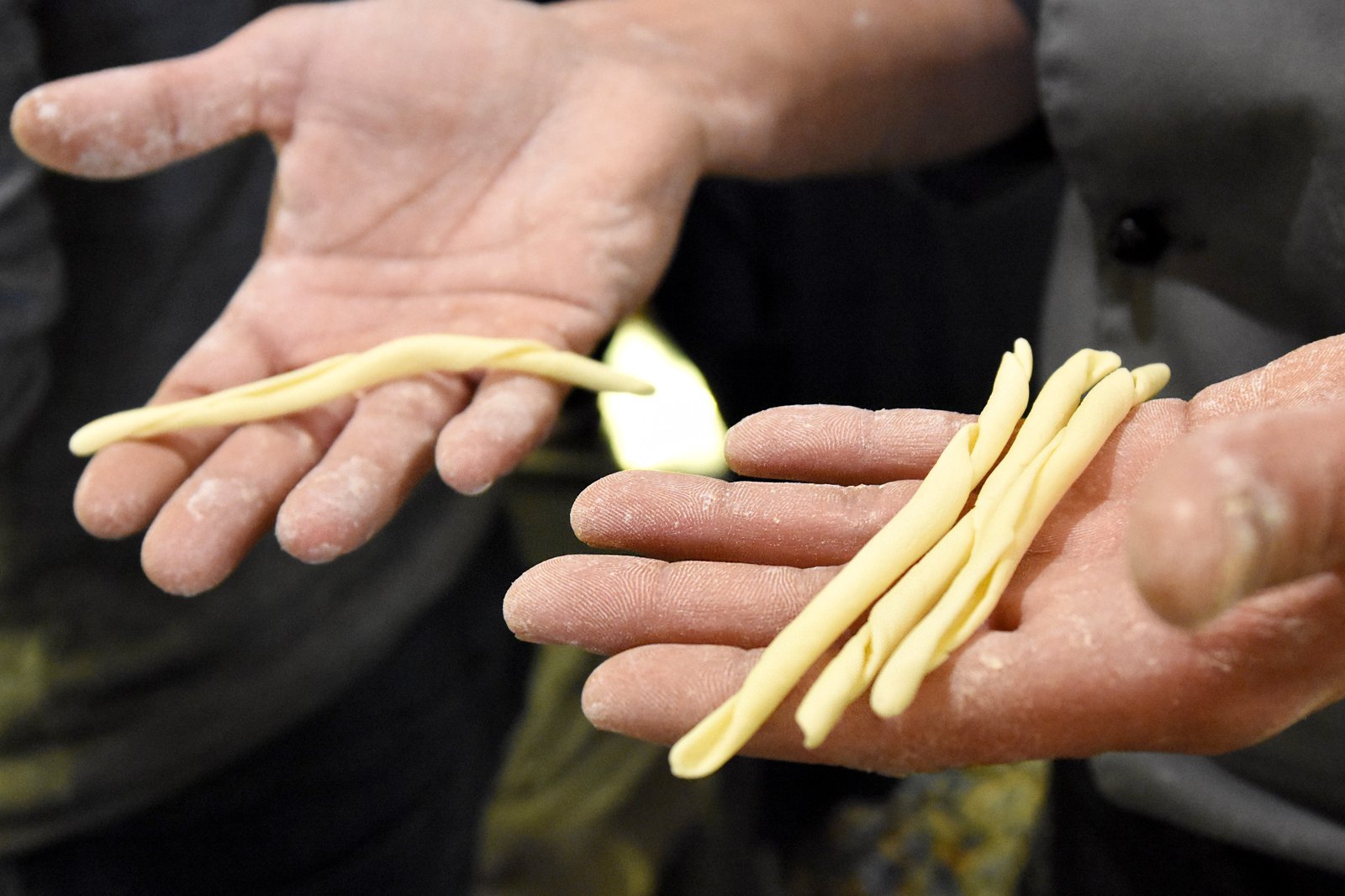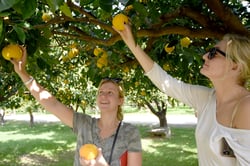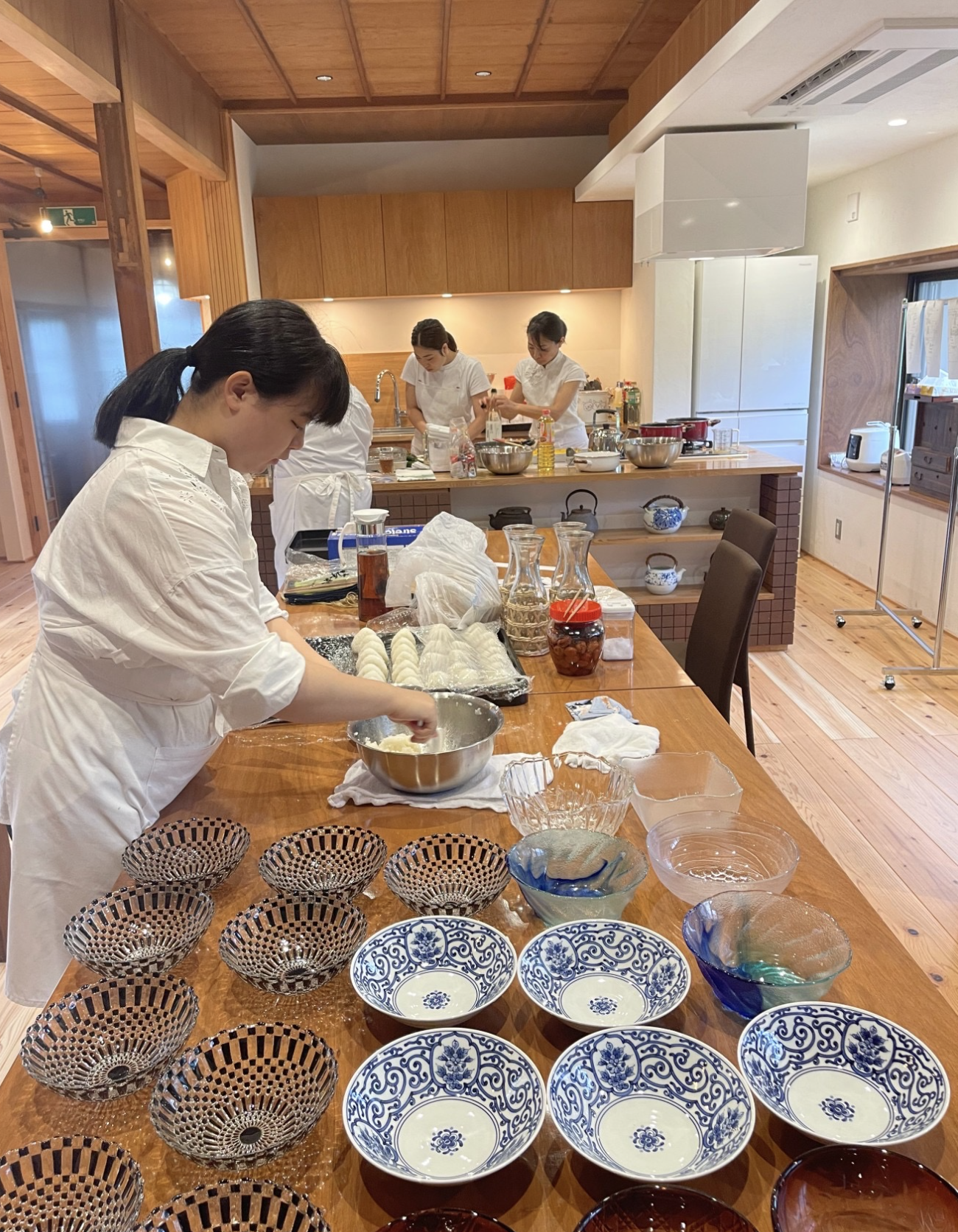Food Studies
Food Studies, more generally, is an interdisciplinary academic field that examines food and eating from multiple perspectives, including cultural, social, political, economic, environmental, and historical dimensions. Rather than focusing solely on nutrition or culinary techniques, Food Studies treats food as a lens through which to understand broader human experiences and societal structures.

Critical Studies
Drawing on anthropology, sociology, history, geography, economics, political science, and cultural studies, Food Studies examines questions including how food influences cultural identity, how agricultural systems reflect power structures, and how eating practices both reinforce and challenge social boundaries. In that regard, it can be said that Food Studies is “critical.”

Relationships
Food practices reveal complex relationships between identity, power, globalization, and social change. Students learn to analyze food not just as sustenance but as a complex cultural artifact that reflects and shapes human relationships, economic systems, and environmental conditions. Food is a lens to understanding human experiences and societal structures, revealing relationships between identity, power, globalization, and social change. Students analyze food as a cultural artifact that reflects and shapes human relationships, economic systems, and environmental conditions.
